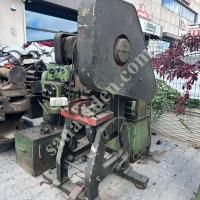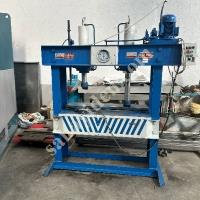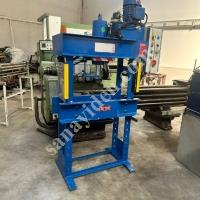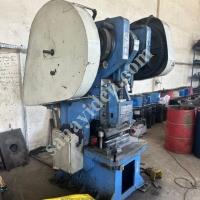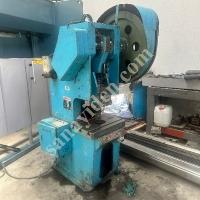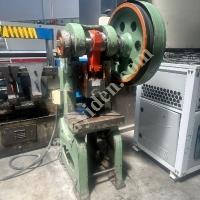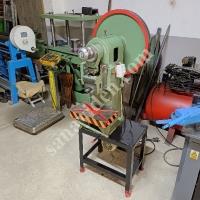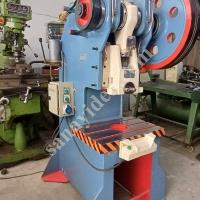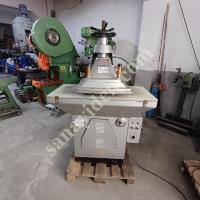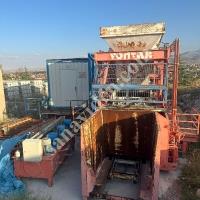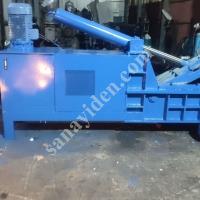
The Press Machine: How the Media Control Our World
Introduction: In this deep and up-to-date book, distinguished scholar and critic Roland Barthes offers a fresh perspective on the news. He argues that the media not only creates our world, but is the lifeblood of totalitarianism. The Press Machine will change the way you think about the press and how you live your life as a journalist.
The Printing Machine: How Media Controls Our World
Media plays a critical role in shaping the world we live in. The press shapes how people think, feel and act. It also shapes our social customs and values.
1. How Does the Press Shape Our Lives?
The press has a significant impact on how people live their lives. For example, it can shape people's perspectives on sex, adultery, violence, and more. The press also shapes how we think about ourselves and others. The way the press deals with these issues can determine whether we believe them.
2. How Does the Press Shape Our Economy?
The media also has a significant impact on the economy. For example, it can affect the prices of goods and services, which can significantly affect our social lives and wallets. Additionally, the media often influence our political views and policies.
The Press Machine: How It Could Damage Our World
The press affects the economy and society in various ways. For example, it can have a significant impact on the way people think and communicate. The press can also spark social movements and protests, which can affect the way the government interacts with the public. Additionally, it may be responsible for causing human rights abuses and fake news.
Press and Social Movements.
When it comes to social movements, the press has a big role to play. For example, when there is a protest or movement against something, newspapers often publish articles supporting or attacking the protesters or their cause. Similarly, when it comes to political campaigns, many newspapers provide money or resources to both sides of the electoral race to influence public opinion.
Press and Democracy.
Regarding democracy, news outlets too often favor one side over the other. This can have a significant impact on our society as a whole – for example, if we don't believe women should be able to drive or vote, then we may not listen to the ads.
Press and Human Rights.
As mentioned earlier, sometimes the media can have an impact on human rights abuses – for example, if we believe blacks should not be allowed to own property or speak out against racism, we may not listen to reports on these issues.
Press and Media.
Finally, the press has an important role to play in the way we receive information. For example, if we want to know about a topic, we often have to rely on the media. In most cases, this information is either false or biased; for example, some news sources are known as false prophets and publish articles full of lies.
The Press Machine: How Can It Help Our World?
In today's world, the press is a powerful tool that can be used to defend human rights and promote democracy. The press can also be used to manipulate public opinion, which can have harmful consequences for both individuals and societies.
Press and Democracy.
The press is an important part of democracy. When journalists report on government policies, they can hold government accountable and promote accountability in other areas of life. Also, the press is an important tool to inform the public about what is going on in their community or country.
Press and Media.
The media has a responsibility to be truthful and honest when reporting on issues. However, some media outlets are known to use propaganda and misinformation to influence the public. Additionally, there are times when the media may be biased towards certain groups or countries.
conclusion
The press machine has a powerful impact on the world and can help improve human rights, democracy, the media and other critical aspects of our world. However, it is important to consider the possible consequences of using a press machine in our world. By examining media and human rights abuses, understanding how the media shapes public opinion, and following press policy against potential abuses, we can make sure our world is healthy and free from prejudice.










